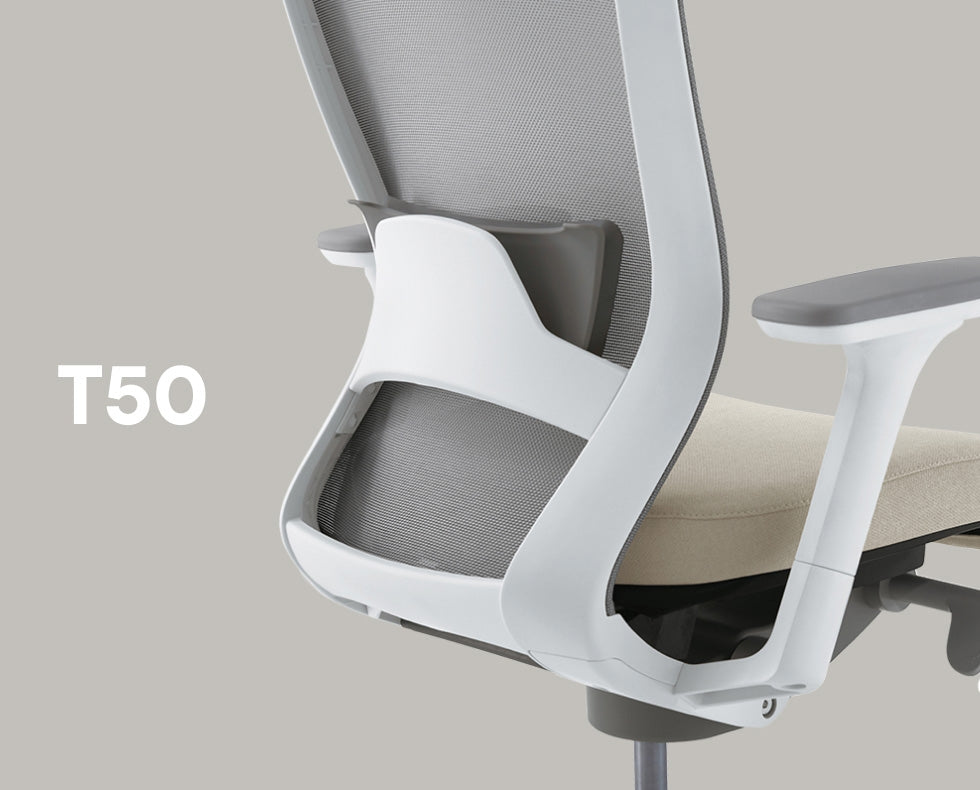In any workplace, individual talent alone rarely drives success. Teams that thrive share habits that boost productivity, morale, and innovation. Understanding these can elevate your outcomes.
From startups to multinational giants, work team success depends on more than effort. It’s about clarity, cohesion, and a culture that keeps everyone moving forward.
1. Communicate Clearly and Transparently
Open communication is a hallmark of high-performing teams. Without it, confusion spreads, tasks overlap, and deadlines are missed.
Transparent discussions build trust. Teams that speak openly about challenges, goals, and achievements foster collaboration and creativity.
How to do it:
-
Hold brief daily or weekly check-ins to align priorities.
-
Use collaborative platforms for instant updates and shared progress.
-
Encourage constructive feedback to improve processes continuously.
-
Document key decisions so everyone remains informed and accountable.
Teams that communicate well reduce errors and maintain momentum. Even small gestures, like a quick message or meeting, make a big difference.
2. Unite Around Shared Goals
Successful teams know the bigger picture. They understand how individual work contributes to collective objectives.
Shared goals provide motivation and direction. Without them, teams drift, wasting time and energy on misaligned priorities.
Ways to align goals:
-
Define SMART objectives: specific, measurable, achievable, relevant, and time-bound.
-
Link personal tasks to overarching team objectives.
-
Communicate why the work matters beyond deadlines.
-
Review progress regularly, adjusting priorities when necessary.
When everyone paddles in the same direction, teams feel ownership, boost engagement, and consistently deliver results.
3. Embrace Accountability
High-performing teams foster ownership. Each member knows their responsibilities and follows through reliably.
Accountability builds trust. Members rely on each other, ensuring smoother workflows and better results.
Ways to strengthen accountability:
-
Assign clear roles so responsibilities are obvious.
-
Set realistic deadlines for each task or project milestone.
-
Track progress using tools like dashboards or project software.
-
Encourage peer accountability respectfully, without blame.
-
Recognise those who consistently meet commitments.
Teams that embrace accountability feel empowered, operate efficiently, and can handle pressure without chaos.
4. Foster Collaboration and Cohesion
Collaboration turns diverse skills into effective solutions. Respect, trust, and knowledge-sharing are the foundation.
Teams that collaborate adapt faster, solve problems creatively, and maintain strong morale. Collective input often surpasses individual ideas.
Ways to enhance collaboration:
-
Promote psychological safety: team members should feel confident speaking up.
-
Pair different skill sets to encourage learning and innovation.
-
Use shared tools for real-time teamwork and updates.
-
Celebrate team wins to reinforce unity.
-
Address conflicts constructively, focusing on solutions, not blame.
Even in small offices, collaborative environments inspire trust, innovation, and stronger connections.
5. Encourage Learning and Adaptability
Successful teams embrace growth. They see change as opportunity, not threat.
Adaptable teams thrive in evolving markets. Continuous learning equips members with skills, insights, and resilience for any challenge.
Ways to foster learning:
-
Promote a growth mindset: mistakes are lessons, not failures.
-
Offer training, workshops, or mentorship to upskill staff.
-
Encourage experimentation with new strategies, even risky ones.
-
Conduct post-project reviews to improve future processes.
-
Stay informed about industry trends and tools.
Teams that learn together innovate faster and adjust smoothly to unexpected shifts in priorities.
Bringing It All Together
Highly successful teams blend all five habits consistently. When communication, goals, accountability, collaboration, and learning are embedded, results follow.
Practical steps:
-
Assess current team practices and spot gaps.
-
Set measurable improvement goals for each habit.
-
Create routines and responsibilities to maintain habits daily.
-
Monitor progress and celebrate milestones.
-
Leaders should model behaviours and recognise excellence.
Embedding these habits doesn’t happen overnight. However, consistent effort shapes culture, performance, and resilience.
Real-Life Examples
-
Google’s Project Aristotle: Psychological safety, clarity, and dependability drove effective teams.
-
Toyota: Lean teams emphasised collaboration, continuous improvement, and shared accountability.
-
NASA: Mission teams relied on strict accountability and clear communication under extreme pressure.
Even in everyday workplaces, these principles apply. They translate to higher productivity, better morale, and sustainable success.
Bonus Tip: Optimising Your Office Environment
A well-designed workspace supports team success. Providing Sidiz ergonomic chairs or other quality ergonomic office chairs ensures comfort, focus, and healthy posture.
An office desk chair that supports the back reduces fatigue, improves concentration, and lets teams perform at their best. Small changes in the physical workspace can have a surprisingly big impact on morale and output.
Success in teams isn’t accidental. Teams that embrace communication, shared goals, accountability, collaboration, and continuous learning outperform those that don’t.
Leaders who model these habits and provide supportive environments, including the right ergonomic chair for comfort, create sustainable, high-performing teams.
Start small: evaluate your team’s strengths and gaps, embed these habits, and watch your team thrive. With dedication, any team can achieve work team success consistently.



